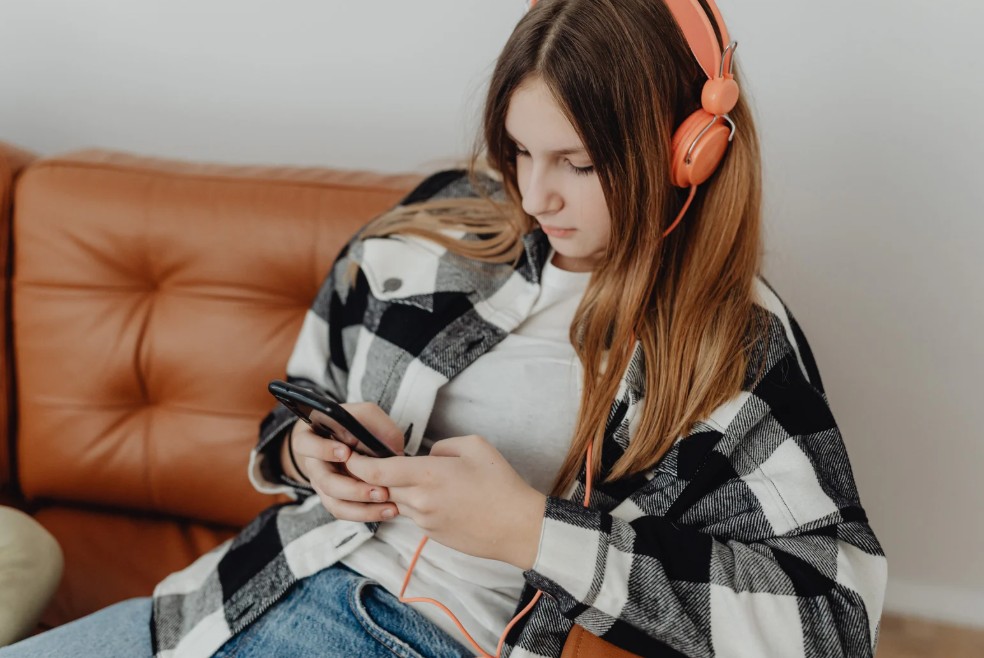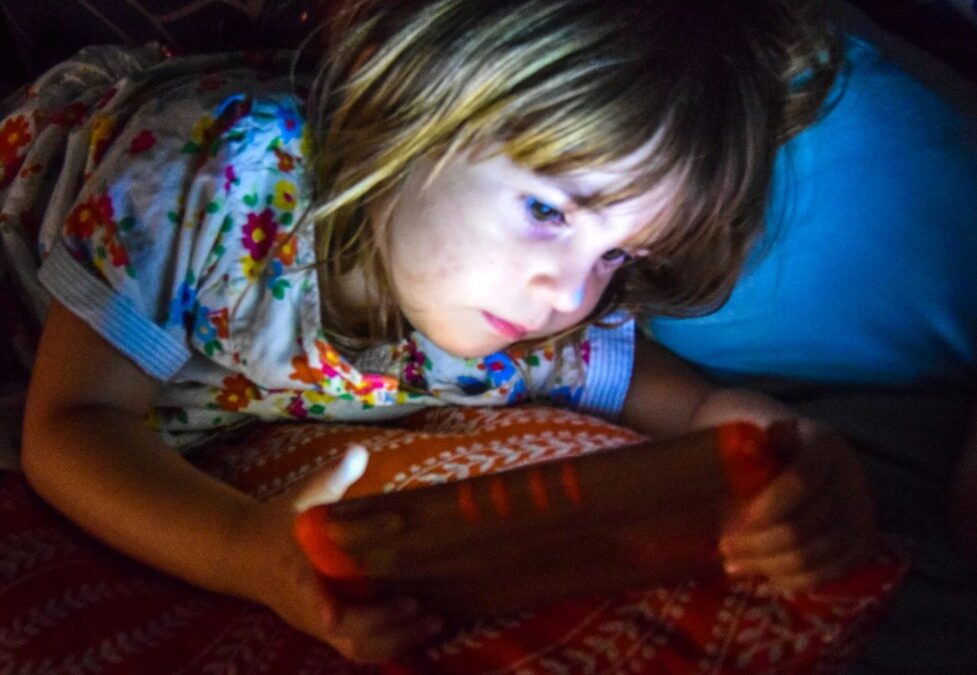
As a child psychologist, I’ve seen how the digital age reshapes childhood, offering opportunities and risks. Drawing from Jonathan Haidt’s The Anxious Generation and decades of research, this guide provides practical, evidence-based strategies to manage screens and social media while prioritizing your child’s mental health.
Haidt argues that smartphones and social media, widespread since the early 2010s, have triggered a “Great Rewiring” of childhood, contributing to rising anxiety, depression, and reduced resilience. Studies, like a 2018 Lancet report, show that children aged 8–11 spending over two hours daily on screens score lower on cognitive tests. Neuroimaging links heavy screen use to thinner brain areas tied to attention. Social media’s dopamine-driven design worsens this, with a 2021 JAMA Pediatrics study noting increased anxiety and lower self-esteem, especially in girls, due to comparison-heavy platforms like Instagram.
Screens disrupt sleep, social connections, and autonomy. Blue light from devices suppresses melatonin, impairing sleep quality (Journal of Sleep Research, 2017), while excessive screen time displaces real-world play, vital for social skills. Parenting in this tech-saturated world is daunting—balancing school, social pressures, and your own exhaustion. Yet, intentional choices make a difference. Research shows kids with balanced screen habits develop better emotional regulation and resilience.
Strategies: Delay smartphones until high school (age 14), using basic phones instead. Set screen limits: 1–2 hours for ages 2–5, 2–3 for older kids, using apps like Qustodio. Create tech-free zones during meals and bedtime. Encourage free play, sports, or hobbies like drawing to foster creativity and connections. Model healthy tech habits—put your phone away during family time and narrate your choices.
Start with one change, like a screen-free dinner, to build resilience and emotional health. For support, consult a psychologist or pediatrician.
Resources: The Anxious Generation, American Academy of Pediatrics, Common Sense Media.
Follow us for more wellness content!
More Blog Posts

Addressing Screen Time’s Impact on Children’s Sleep
In an era where screens are abundant, parents are increasingly concerned about how devices affect their children’s sleep. Poor sleep can impact mood, focus, and overall health, making it a critical issue for child development. Supported by scientific research, this blog explores the psychological effects of screen time on sleep and offers parents compassionate, practical strategies to promote healthier sleep habits.
In crisis or need immediate help?
Call 988 or go to your nearest ER.
Services
Adolescent Psychotherapy
Adult Psychotherapy
Assessments & Evaluation
Child Psychotherapy
Cognitive Behavioral Therapy
Couples Therapy
Family Therapy & Parent Coaching
Genetic Testing
Group Therapy
Medication Management
Play Therapy
Single-Session Therapy
Teletherapy
Orchard Mental Health Group
Accepted Insurance*
Aetna
Carefirst / Blue Cross Blue Shield
Cigna
Humana / Tricare
Johns Hopkins Health Plans
Medicaid
Medicare
Optum / UnitedHealthcare
*Varies by service
Partner Resources
Contact Us
M-F, 9am-5pm Eastern Time
Phone: 240-750-6467
Fax: 240-912-7835
contact@orchardmentalhealth.com
9707 Key West Avenue, Suite #100 Rockville, MD 20850


